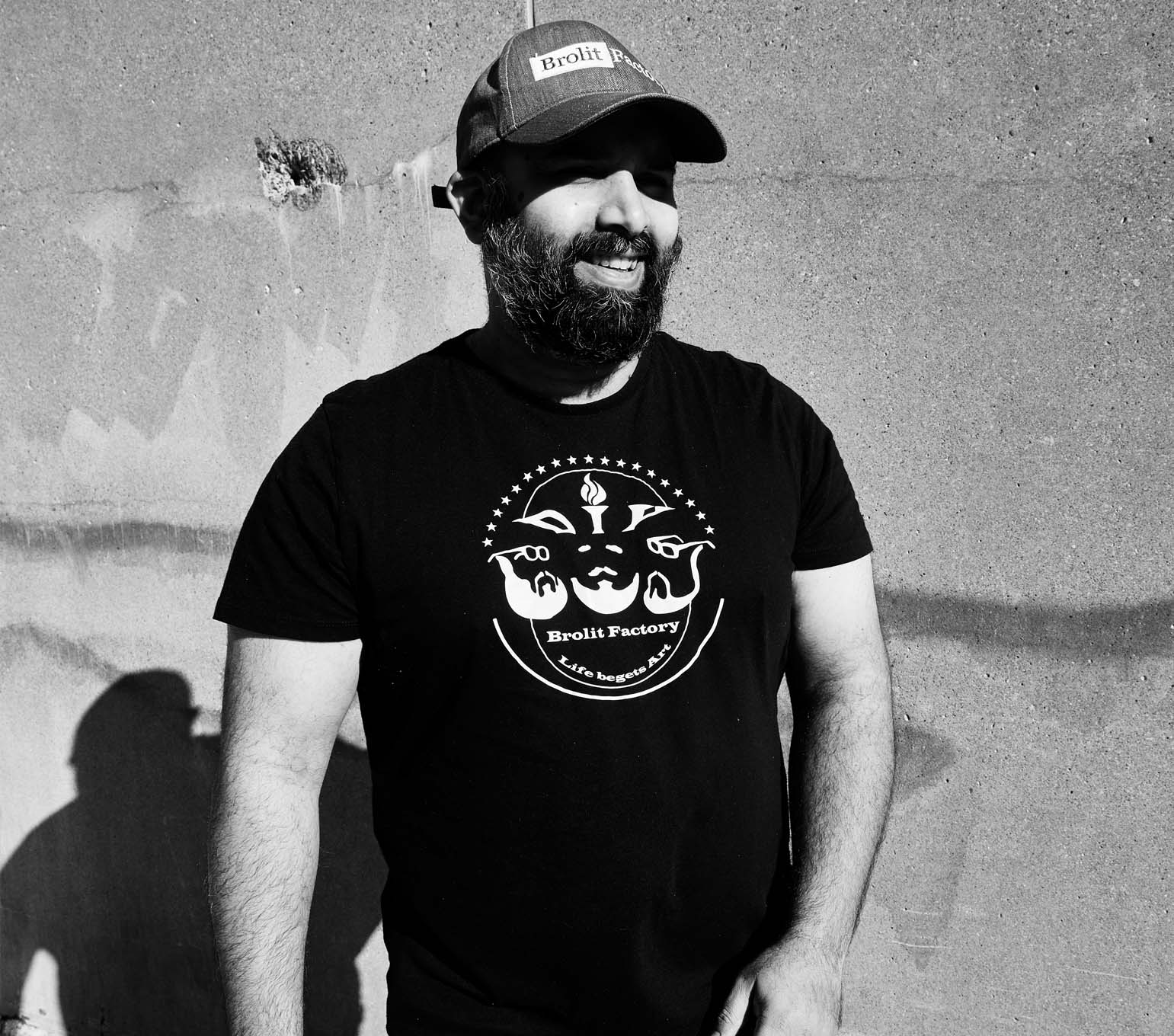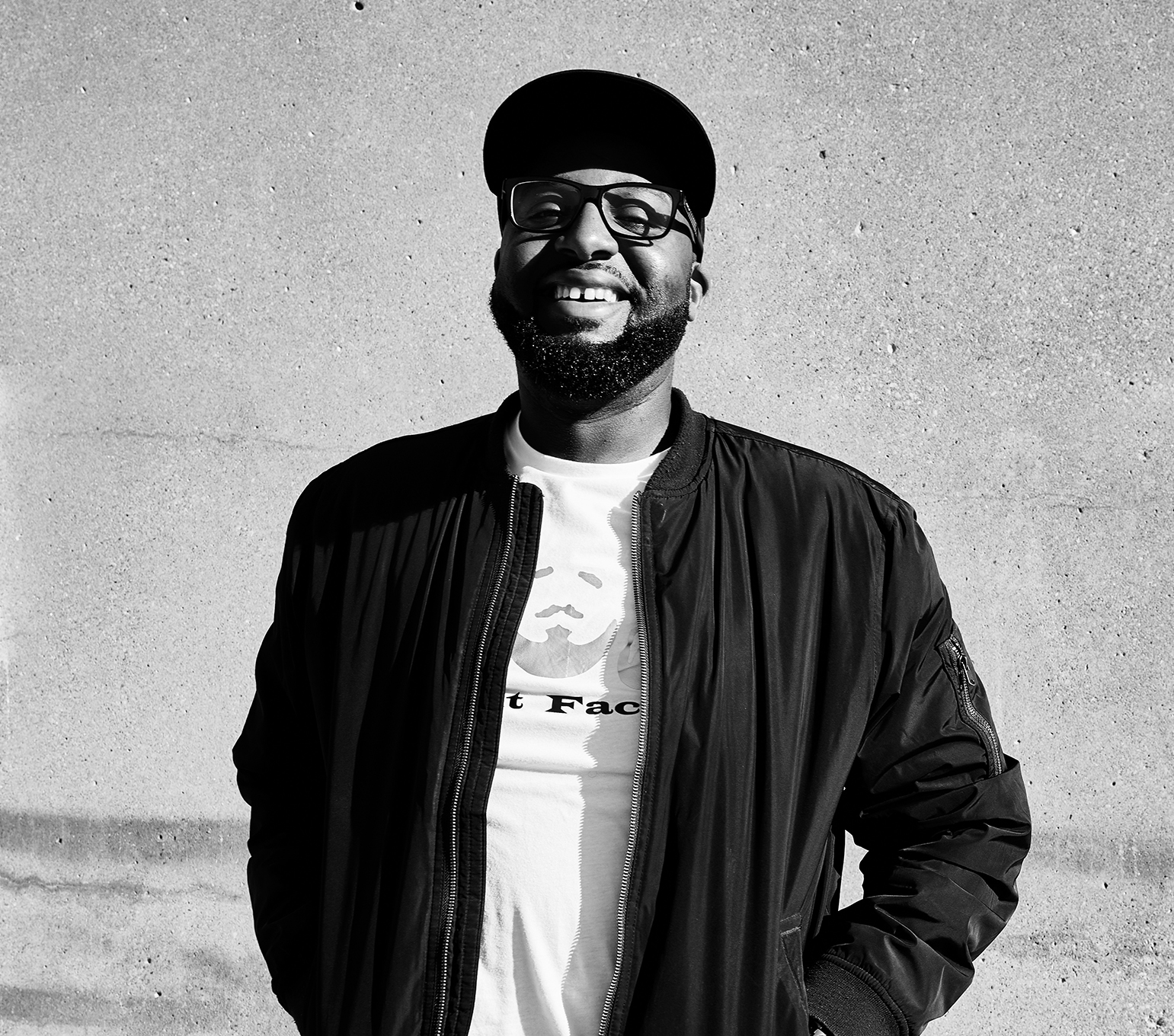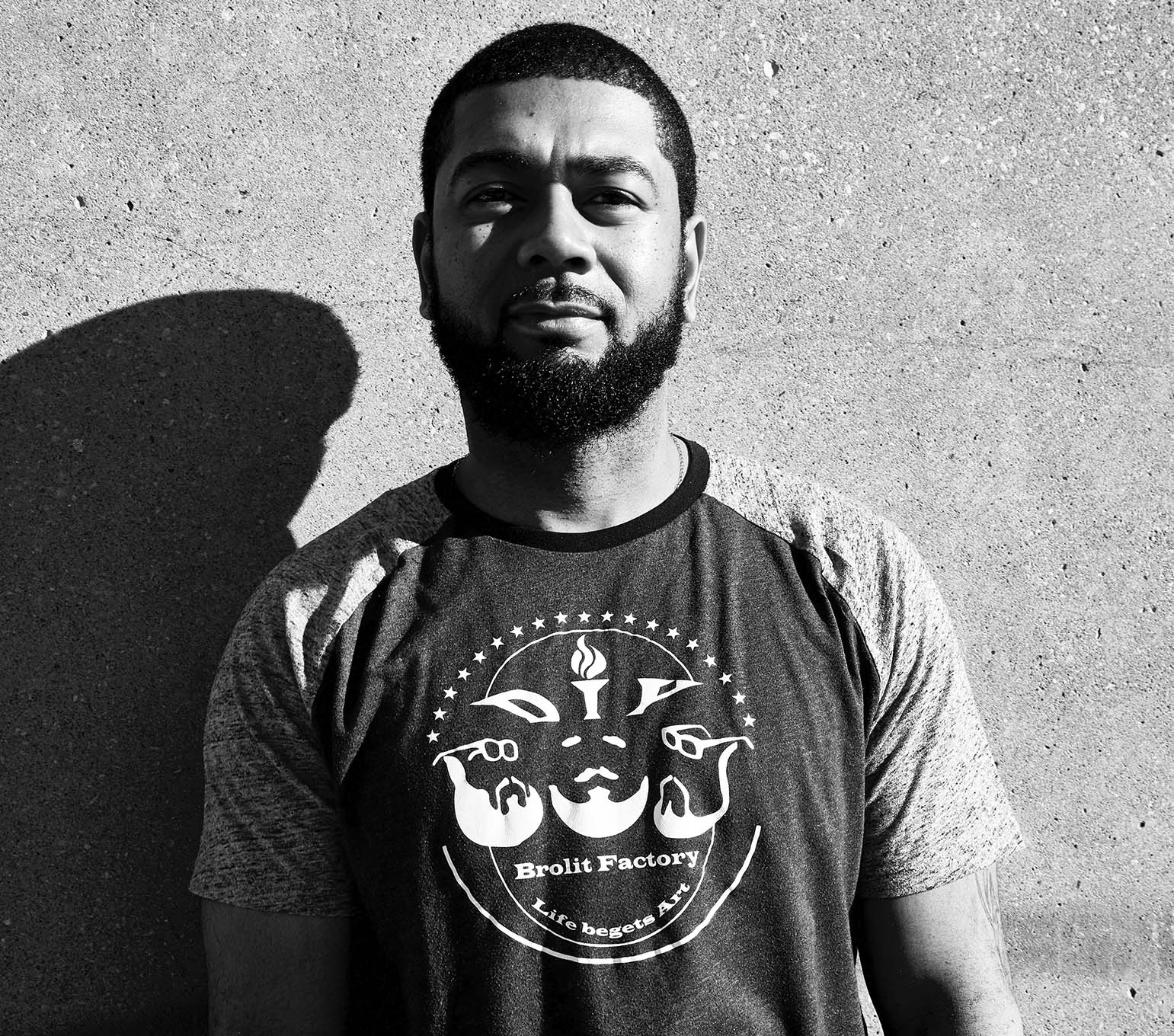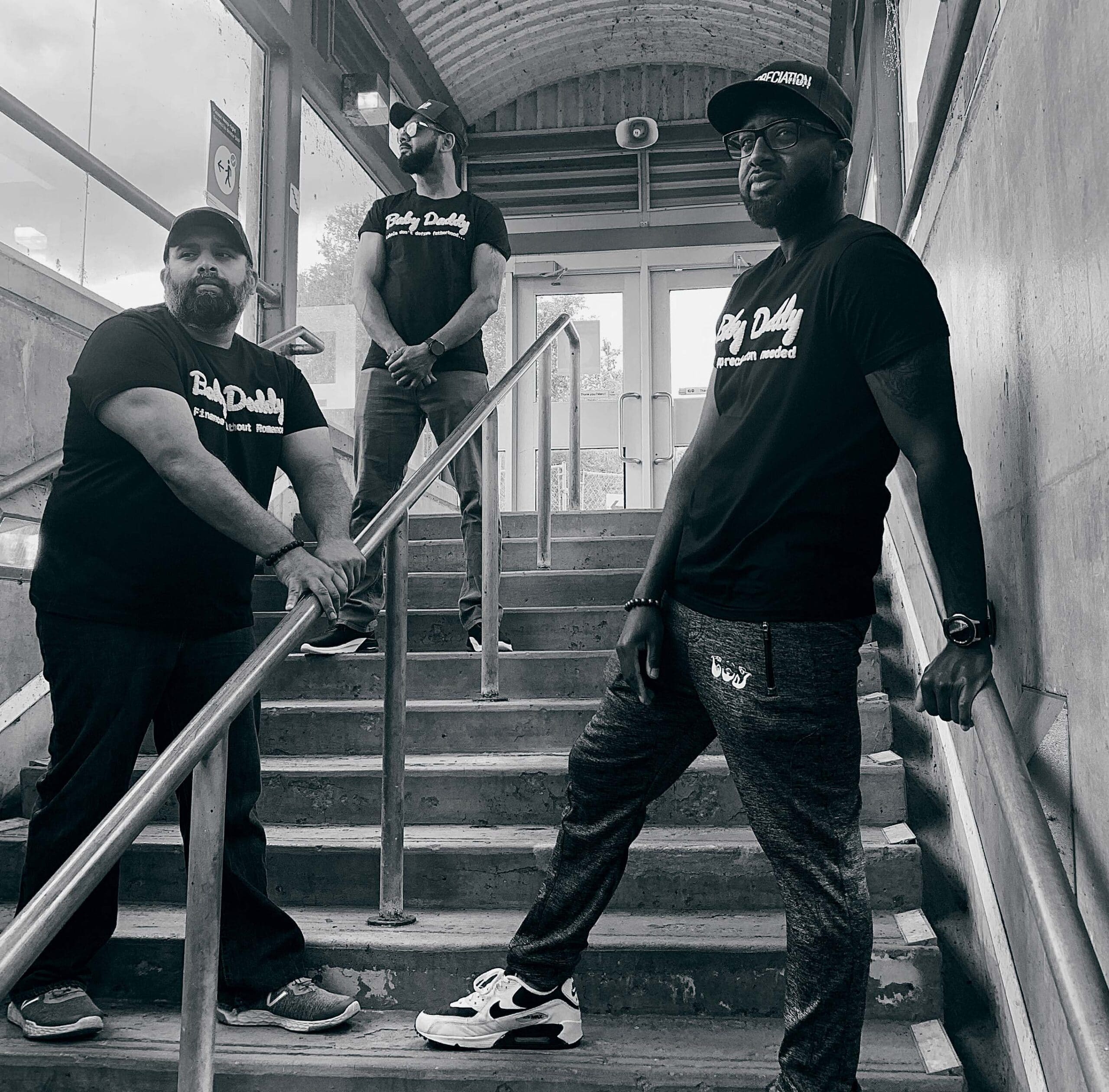Baby daddy. Combined, the words invoke a slew of negative imagery. The most common one being irresponsible black men that sleep around without a care for their conceived children. Thus leaving behind a trail of girls with daddy issues, and boys who will eventually repeat the cycle.
However, is this actually fact? Has society ever stopped to ask the question of who these men really are?
Do they even care to know?
At the risk of challenging the social norm, here are three perspectives you likely haven’t heard.

Nadir Shirazi, 39 (Divorced father of three – not a baby daddy)
Looking back, the racism surrounding black men as “baby daddy’s” was something I never challenged.
I lived next door to Josh for nearly fifteen years. When he moved in, I was married and living in a joint family with my then wife, kids, and my parents. A very common Canadian-South Asian, Muslim situation.
Josh’s house was a mystery as I found myself often wondering what the relationship was with the mother of his children. Especially when she stopped coming around. Mind you, I never asked. Why would I? Years of movies, tv and music had already told me. Josh was black. Therefore, he was a baby daddy; another irresponsible black father.
Simple right?
Six years ago, I ended up divorced. It wasn’t supposed to happen to me; the good Muslim-Canadian Pakistani kid. Everything spiraled after that. I quit jobs, experienced mental health crises’ and fled to Halifax. My kids no longer lived with me full-time and people were calling me a bad parent. Life as I knew it was falling apart.
One winters night, Josh asked me how I was doing. We actually had a conversation that unbeknownst to me, was about to change my life.

Joshua Clarke, 40 (Father of two – so called baby daddy)
Baby daddy is a term I never connected with. It was something I always heard someone else use to demean a father for not doing what they were supposed to do. Growing up in a home where a present, reliable, and loving father wasn't the norm, I’m quite surprised I’m able to be the father I am today. It’s so easy for men to run from their responsibilities.
I was, and still am to an extent, a selfish person. However, my first conscious selfless act was to stick around for my sons.
When my then girlfriend told me she was pregnant, I spent many long months in self-reflection. Although it wasn't my ideal situation, I knew it was my responsibility and decided to give my child all the love and support I missed out on. Throughout the years, my second son was born and despite trying many times to make my relationship work, it couldn’t. Regardless, my duties as a father never faltered. Daily acts of dinners, baths and bedtime stories, turned into homework, kung-fu matches and creative dinner ideas. With the help of friends, and family values, I poured all of my good (and some bad) traits into my kids, crossing my fingers it mixed correctly so they would become respectable men.
I often vented and discussed my highs and lows with my best friend, Quincy. We counseled each other on the struggles of being single fathers. When I met Nadir, it was clear our circle became complete. We empowered each other by creating a safe space where we as men could be vulnerable and share our fears and uncertainties.

Quincy Campbell, 40 (Father of two, two different women – definitely a baby daddy)
Baby daddy may be interpreted as one that’s unable to maintain a relationship regardless of children. They are perceived as irresponsible, inconsiderate men who stay outside the yard, watching their children grow from a distance, whilst doing the bare minimum.
I was surrounded by good men growing up, but influenced by the reckless culture from the streets, often struggling to figure out where I belonged. My father was miles away, and at the time I didn’t think it mattered. I knew my dad loved me. My mother did what she could, making sure I knew my dad was working and living in a foreign country to support my sister and I. He would have been considered a baby daddy back in the day.
Fast forward to my twenties, I was in my first relationship that resulted in me becoming a father for the first time. I was ecstatic. Being a dad was something I embraced, taught to always take care of my own. Having a son was a blessing but when my young family broke apart, I wished fatherhood came with a handbook. Stumbling out of one relationship into another, I felt ready to move forward and ended up with a second child. Having children with different women was something I never imagined for myself.
I struggled for years knowing that I was unable to maintain a relationship with either woman. Regardless of who was to blame, I felt like a failure.
Each of us men are very different, yet we all share a common attribute. The desire for our children to be better than us. To do this, we must challenge the notion that being a minority single father doesn’t automatically mean that the blame for a situation gone awry is solely on us. Until we redefine the language centered around the term, baby daddy; men can never truly move forward as active co-parents.
When it comes to rebuilding life, it doesn't always go smoothly. As men of colour, it can feel at times like our kids are at a disadvantage because we did not succeed in maintaining a traditional family structure. We also feel that the stigma of; baby daddy, makes it so that if a man is in the process of changing his life, one mistake is all it takes for that word to be thrown back at him. This can easily lead into depression, self-doubt, and lack of confidence amongst other things. There is an assumption that baby daddy’s either have no feelings, or deserve no sympathy.
Yet as three “baby daddy’s” with similar, but different situations, we came together to uplift and inspire each other. Using our shared experiences we created a company called Brolit Factory Inc. A community of fathers to be the voice for the voiceless. We’re here to say that just because your relationship didn't work out, doesn't make you a bad father.
If you work hard but can't afford much, that doesn't mean you're a deadbeat dad.
Hell, even if you rejected your children because of your own childhood trauma, but now want to do right and be a father, it doesn't mean you can't. With the right support, you can change and get help.
Being a baby daddy doesn't need to be negative. After all, labels don't define fatherhood; fathers do.


